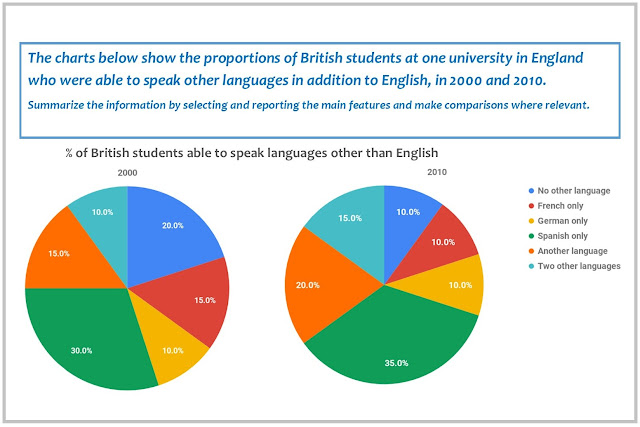How to write a great exchange program application
Participating in the program was a truly eye-opening and life-changing experience for me, which you can find out more about by reading my other posts (see the links at the bottom of this one). Check the requirements on the official website and go for it if you are eligible.
My top tips on writing great application essays
#1Don't Google how to write applications and don’t look at other people’s essays. Everything you find online will also be found by other potential participants who google and find the same thing. Just don't. Tap into your own inner resources. Make your application unique and memorable. The decision makers read hundreds of applications. It will play in your favor to stand out.
#2
Start brainstorming and writing your first draft very early. Writing a meaningful essay can take up to a month. If you write it in a one-day sprint, it will be a mess. Application essays are your foot in the door, so they should really make a good impression.
#3
Structure your essay clearly. All essays have the same structure: introduction, body paragraphs, conclusion. Organize your ideas logically. Don't turn them into a stream of consciousness. By organizing your ideas logically, you are helping the readers understand what you are trying to communicate. Keeping in mind that yours might be the 100th essay they read, isn't it in your own interests to make sure they can do it effortlessly?
#4
Address the topic directly. Unfortunately, most people see all essay topics as "write something." But essay topics always have specific instructions (usually including ‘why’ or ‘how’), which shouldn't be ignored. Answering the question clearly is your chance to demonstrate that you are a good fit for the program, which makes you more likely to be selected.
#5
Hook the reader. Don't write something bland like, "My name is Irina Lutsenko. I've been a teacher for 15 years. I love teaching. I love English. I would love to learn more about life in the USA.” Such things are true for the majority of applicants (which, by the way, is not a reason to panic). Just find a more exciting way to communicate them. Start with a quote. Write a personal story. Choose an unusual angle.
#6
Read up on your role and the program. Your role in the 🔹🔹🔹 program will be to teach Russian and be a cultural ambassador. Write what is relevant to that. Don’t write what’s relevant to you. Don't write about your CAE / CPE results. No one knows about these exams in the US. And they are not relevant to the program. They are only relevant to you.
#7
Don't lie. Don’t even bend the truth. Write what you genuinely believe or want to share. First, if your lies are spotted (which lies have a tendency to do), you can wave participating in the program goodbye. Second, if you write something that is not true and get selected based on that, you will end up in a program that isn’t a fit for you. You’ll be miserable. It's not worth it. Plus, I guarantee there is bound to be an institution that is a good fit for your interests as there are a lot of universities that participate in the program. There is really no reason to lie.
These are my top seven tips.
Image credit: Photo by Danielle MacInnes on Unsplash





Great post! Really helpful tips for writing a strong exchange program application. —Thanks for sharing!
ReplyDelete